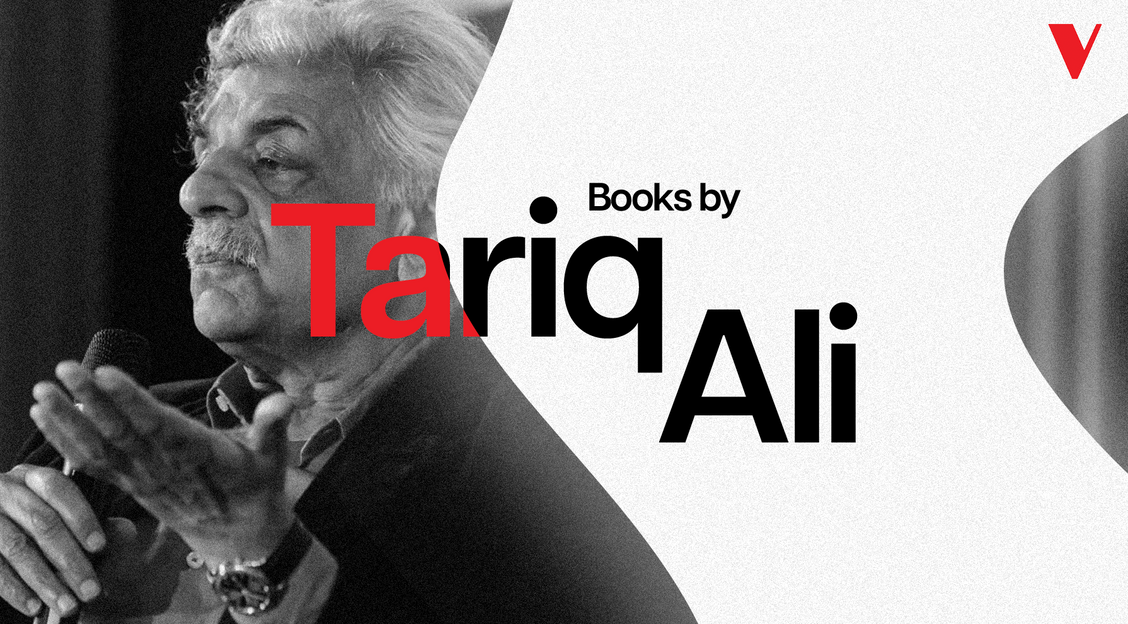MICHAEL LAVALETTE interviews TARIQ ALI

Over the last few decades, we have witnessed the growth of dynamic movements, like Stop the War. But we need to think about organisational outcomes, establishing networks and rebuilding a progressive political alternative.
January 4, 2025 Michael Lavalette interviews Tariq Ali Counterfire
Following the publication of Tariq Ali’s latest memoirs, he spoke to Michael Lavalette about the contrasting periods covered in his autobiographies and the prospects for the left today.
Tariq Ali has been intimately involved in and written about, progressive, left politics in Britain for over sixty years. He has recently published You Can’t Please All (Memoirs 1989-2024), a follow-up to his earlier volume Street Fighting Years: An Autobiography of the Sixties.
Street Fighting Years covers a period of great advance and excitement for the left. How would you describe the period?
The period from 1967 through to 1975 was a unique period in global politics, it was also an era of immense excitement and hope.
In the aftermath of the Second World War, there were revolutions in China and Cuba and the national liberation movements in Africa. But events in South East Asia were very important. In Vietnam, a peasant-based army was confronting – and beating – the largest, best-armed, most powerful, imperialist country in the world. And in Europe that created a very different mood to what we see today. We all felt: ‘if the Vietnamese peasants can do it, why can’t we?’
That feeling surged through Europe, Latin America, and North America and we felt that the possibilities for a better world were limitless.
In France, there was the largest General Strike in capitalism’s history and when the trade union bureaucrats went up to the workers and said ‘the bosses want to share a bit more of the cake with you’ the response from rank-and-file workers was ‘No! We want the whole bakery’.
In Italy, a ‘creeping May-type event’ took hold with an immensely combative working class active through the early 1970s.
In Britain, between 1972 and 1974, there was the largest and most militant wave of strikes we have ever had. The levels of solidarity between workers was immense.
If you like this article, please sign up for Snapshot, Portside’s daily summary.Email
(One summary e-mail a day, you can change anytime, and Portside is always free.)
Despite occasional setbacks and defeats, the period as a whole bred confidence in ordinary people and a deepening radicalisation that lasted up until about 1975.
In 1975, the Portuguese workers, peasants, students, soldiers and young officers brought society to the brink of revolution. They created a feeling that a fundamental change to society was possible and was within our grasp. And we felt that revolutionary change in Portugal would feed back, deepen and revive our movement across the rest of Europe.
The stakes were really very high. But Portuguese, German and international social democracy poured resources in to bail out Portuguese (and beyond that European) capitalism and to curb the revolutionary drive of the masses. In the aftermath, the ruling classes went onto the offensive and Labour and Social Democratic parties were important to stabilising things for the system.
You Can’t Please All covers the period 1980-2024. This is a general period of neoliberal ascendancy. What shaped the period?
The second volume of my memoirs covers a period of defeat – not just in Britain but across the globe. The book contains interviews and covers meetings with leaders, peasants, workers and students from across the continents against the backdrop of the rise of neoliberal capitalism.
The Intel Drop for more
